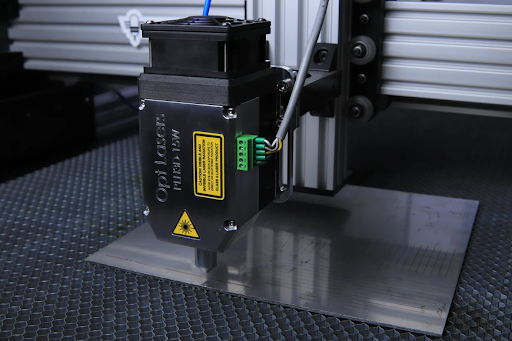Key Things To Do When Starting Over After Addiction
Most recovering addicts lead entirely different lives than they previously had before treatment. That’s why after rehab, most find that they need to start over in different aspects of their lives.
Recovery will lead to change, whether finding ways to kill time or changing their mindset and social circles. However, these changes are necessary as they allow you to create a healthy lifestyle and replace harmful behaviours and habits that lead to addiction.
Boredom and the Dangers of Recovery
Keeping yourself occupied is essential when recovering from addiction. Boredom makes people tired and weary, leading to behavioural changes, anxiety, and depression. These can destabilise your brain chemistry and increase your interest in alcohol and drugs.
Bored people may become unhappy and view their recovery from addiction as a prison sentence. Some may even romanticise drinking and drugs, referring to their past addiction as “the good times” and increasing their chances of relapse.
Avoid getting bored, and focus on the changes in your life now that you’re recovering from addiction. It’s your chance to start over for a better and happier life.
Recovering from Addiction: Creating a Structure
Addiction recovery requires structure, which is why most rehab centres create a structured day for their patients. It’s important to establish a routine in your daily life and keep it even after rehab.
Using your time wisely will help you fulfil your responsibilities and promote accountability. This will prevent you from relapsing into substance abuse or putting yourself in dangerous situations.
Once you’ve set yourself a routine to follow, you’ll need to do some things that can help you start over. According to an alcohol rehab in Santa Rosa Beach, these may include:
- Avoid old habits and routines.
Getting rid of old harmful habits and routines is vital to overcoming addiction. It’s easier to fall back into old routines and habits when you stop using drugs or alcohol, leading you back to the same people, places, and situations that may have led you to addiction.
Avoid hanging around the same people you used drugs or alcohol with or sourced from. Staying sober and clean will be difficult if you are friends with drug dealers or other alcoholics.
- Build healthy relationships.
You have probably come to realise that your relationships with some people in your past were unhealthy and toxic. Cut off the toxic people in your life, including those who may make you want to reach for a bottle or take drugs. Try building new, meaningful, healthy relationships with others now that you’re recovering.
- Be healthy and practice self-care.
Drugs and alcohol have many long-lasting side effects that may take months or years to heal. You can help speed up your healing by taking care of your body. Eat healthy meals regularly, exercise, and get enough sleep each night.
Self-care contributes to your overall health and well-being. You can do this by meditating or prioritising the things you like, such as painting or playing a musical instrument.
- Connect with supportive networks of sober people.
A support network to help you stay sober is crucial to your recovery. In rehab, you’re surrounded by other people undergoing recovery with the same experiences as you.
However, this won’t be the same once you’re out. The world outside rehab is full of things that can make you relapse.
Accountability and support make it easier to face the temptations, triggers, stressors, and other challenges the outside world brings.
- Find a meaningful job and start being financially stable.
Finding a job and managing your money well is part of a successful recovery. A job can help increase self-esteem and confidence. Even if you don’t get the job you want, continue working towards it as a fulfilling goal. And when you find a job, try to start saving up. Save where you can, like buying bulk, walking if possible, and avoiding unnecessary expenditures.
- Find a new hobby.
Engaging in productive hobbies and activities can help you avoid relapse. It will also give you a sense that your life is meaningful. Staying sober and clean is challenging if you don’t have hobbies that can occupy your time and focus. You can take up many hobbies, like playing an instrument, joining a sports team, painting, or reading. These activities help reduce stress and anxiety during recovery. Bonus points if your hobbies include physical activities that keep you in shape.
- Keep making amends.
Making amends is important in your recovery journey. This process begins early in rehab. Working through the 12-step program helps you learn how important it is to make amends with the people you have hurt.
It will be difficult, time-consuming, and require your total dedication. It won’t be realistic to do it in weeks or months. Instead, work on it while you’re returning to society or moving to a more independent living situation.
Key Takeaway
Many recovering addicts must start over once their time in rehab is up. It will not be an easy time for most, especially without support. To ensure you continue your recovery, take the chance to improve yourself, avoid your old habits and routines, and keep yourself healthy. Find meaningful activities and a job that can help you become financially stable. Make new and meaningful relationships, and continue to make amends to those you have hurt.
Following these steps will make your road to full recovery much more manageable.




